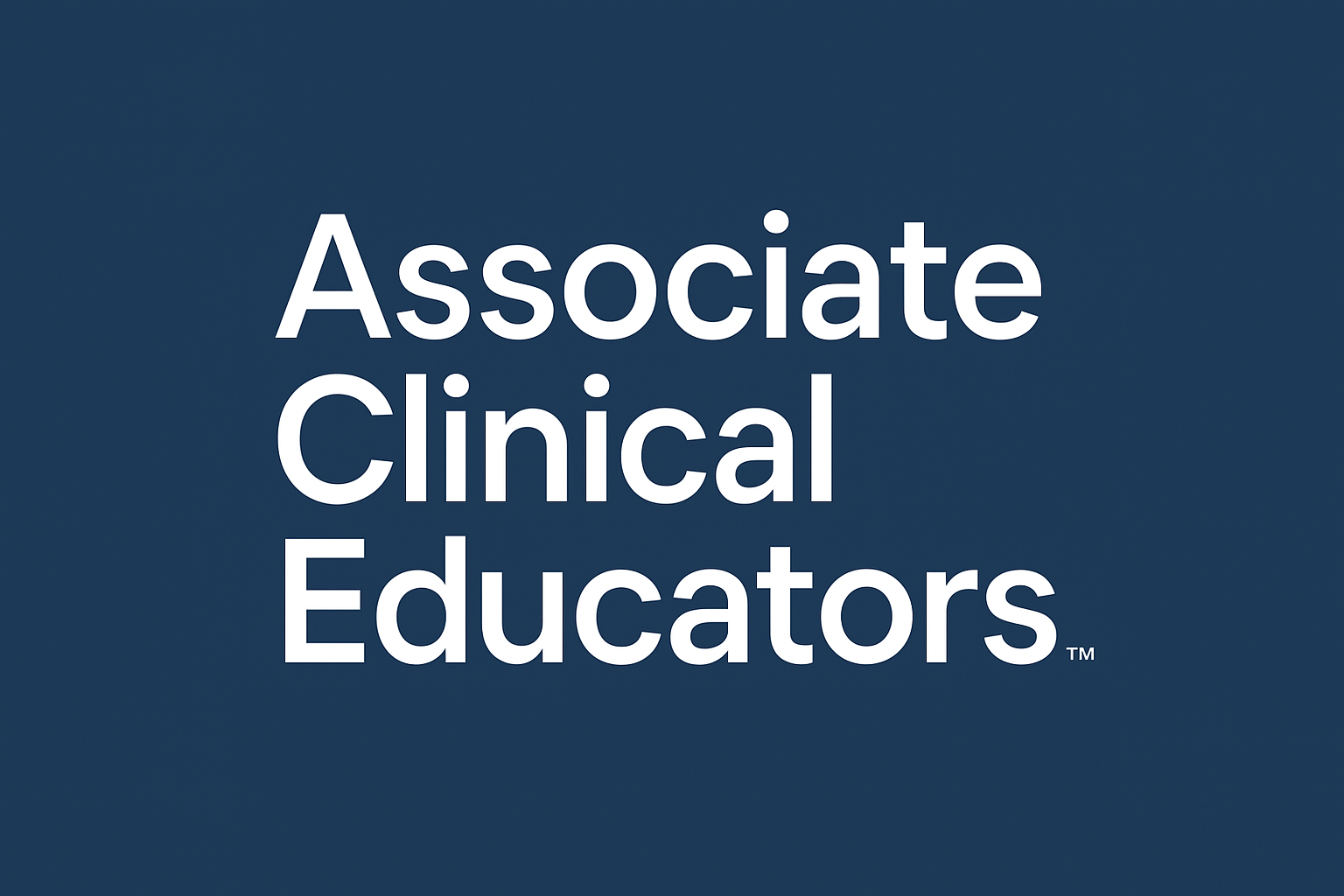The Perils of Certainty in Medical Education: How Rigidity Stifles Creativity, Innovation, and Open-Mindedness
Medicine has always carried an expectation of certainty. Patients seek definitive answers....
Read Moreby R Spour | Apr 30, 2025 | Associate Clinical Educators, Clinical Education, Meducate Academy | 0 |
Medicine has always carried an expectation of certainty. Patients seek definitive answers....
Read Moreby R Spour | Sep 30, 2024 | Associate Clinical Educators, Meducate Academy | 0 |
Welcome to Meducate Academy’s 2nd year running Interactive Workshops at The Pharmacy Show...
Read Moreby R Spour | May 28, 2024 | Associate Clinical Educators, Meducate Academy | 0 |
Meducate Academy – Reflecting on Our Recent Achievements and Future Goals in Medical...
Read Moreby R Spour | Mar 28, 2024 | Associate Clinical Educators, Clinical Education, Meducate Academy | 0 |
Navigating the intricacies of clinical communication is imperative for Associate Clinical Educators as they mould the next generation of healthcare professionals. Understanding this necessity, I’ve meticulously crafted a...
Read Moreby R Spour | Jan 12, 2024 | Associate Clinical Educators, Meducate Academy | 0 |
Discover practical insights for effective leadership in medical training with a focus on key concepts like the SMARTER model, team management styles, and situational leadership. Our guide discusses the importance of...
Read Moreby R Spour | Oct 6, 2023 | Cliniskills, Meducate Academy | 0 |
In September, Meducate Academy saw a surge in activity, notably due to our successful partnership with Cliniskills and participation in The Pharmacy Show. Out Associate Clinical Educators focused on teaching ENT and...
Read Moreby R Spour | Aug 21, 2023 | Meducate Academy, Pharma Pathways | 0 |
A Sneak Peek into Meducate Academy’s Busy Summer Break Summer is often a season of relaxation and leisure, but for Meducate Academy, the months of July and August are far from quiet. While the classrooms may be emptier,...
Read Moreby R Spour | Feb 28, 2023 | Associate Clinical Educators | 0 |
The Independent Prescribing Course is an essential component of healthcare education, equipping professionals with the skills and knowledge required to prescribe medication safely and effectively. The course covers clinical...
Read Moreby R Spour | Feb 15, 2022 | Associate Clinical Educators, Meducate Academy | 0 |
Recently my attention was drawn to an article, ‘It’s Not An Acting Job … Don’t Underestimate What A Simulated Patient Does”: A Qualitative Study Exploring the Perspectives of Simulated Patients in Health...
Read Moreby R Spour | Sep 27, 2021 | Associate Clinical Educators, Meducate Academy | 0 |
Professor Parle was our keynote speaker at the conference and it was an honour to have him join us. What follows is an abridged version of the talk. If you want to view the complete talk it is available in the video above....
Read Moreby R Spour | Sep 15, 2021 | Associate Clinical Educators | 0 |
We began September with our first ACE National Online Conference held online using Zoom as the platform, and it went well. We had six speakers talk about their personal experience of working with ACEs as part of their programmes...
Read Moreby R Spour | Aug 31, 2021 | Associate Clinical Educators, Chester University | 0 |
Working on the Physician Associate Programmes as an Associate Clinical Educator is always a pleasure. It’s an even better experience when you give a new ACE an opportunity to spread their wings and fly solo for a day. They are...
Read More
